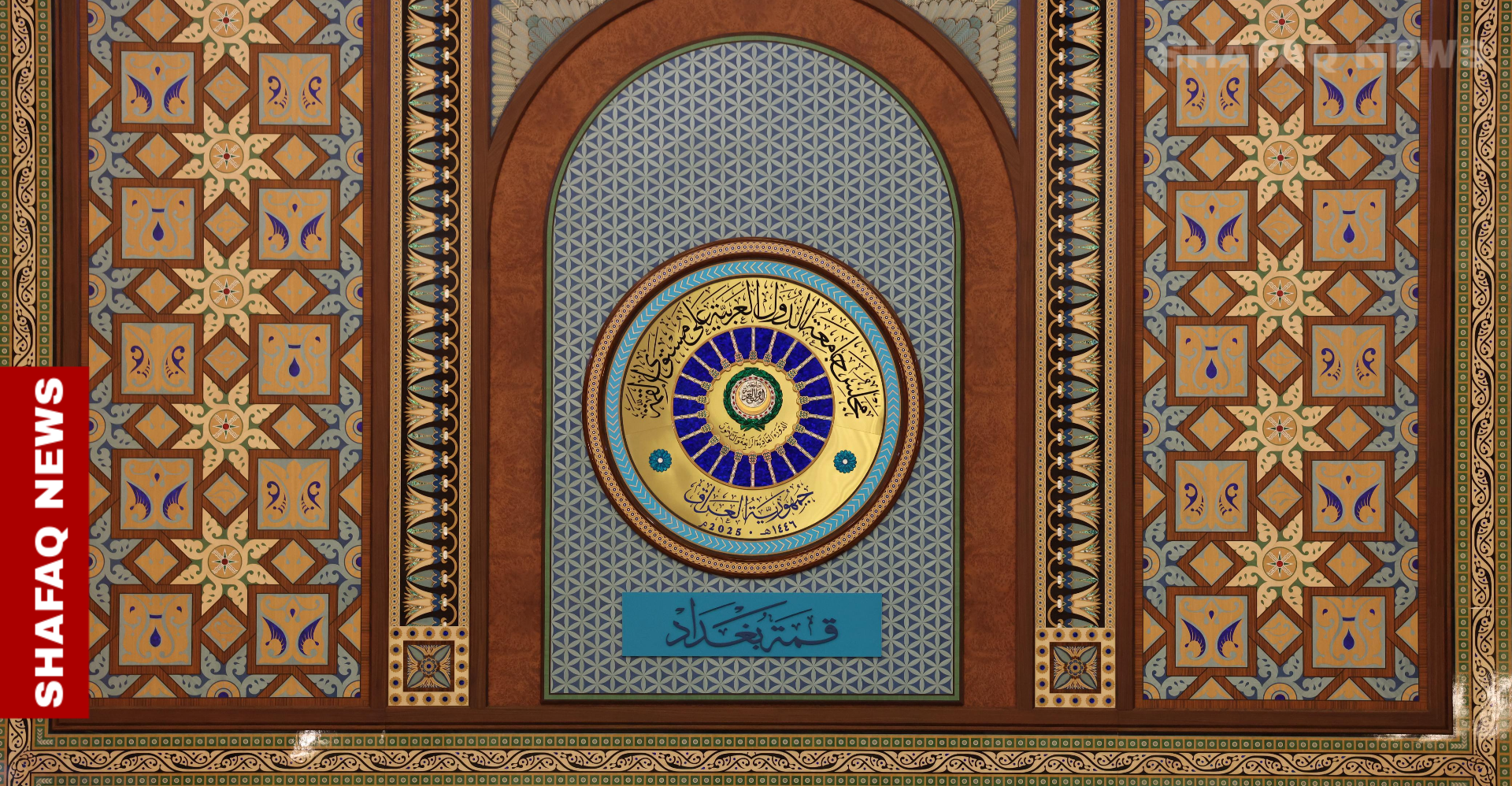Baghdad Development Summit: Arab ministers push for regional economic integration

Shafaq News/ On Saturday, Arab foreign ministers and senior representatives stressed the need to activate economic policies that promote regional integration and sustainable development.
Arab League and regional initiatives
Arab League Secretary-General Ahmed Aboul Gheit presented a food security strategy that will be submitted for approval at the summit. He advocated the creation of an Arab ministerial council on trade and stressed the urgency of improving grain security, citing a proposal put forth by Iraq. He urged Arab nations to embrace regional integration in response to evolving global dynamics.
Algeria
Algerian Foreign Minister Ahmed Attaf highlighted solidarity as a foundation for sustainable development. He also reiterated Algeria’s backing for Arab economic integration and called for advancing infrastructure and energy connectivity among member states.
Palestine
Palestinian Prime Minister Mohammad Mustafa requested unified Arab backing for the summit’s initiatives, outlining a peace plan for Gaza that includes an immediate ceasefire, the opening of humanitarian corridors, Israeli troop withdrawal, and a comprehensive reconstruction strategy.
Djibouti
Djibouti's Foreign Minister Mahmoud Ali Youssouf noted the urgent need to overcome internal Arab divisions, pointing to Djibouti’s position at the Bab al-Mandeb Strait as an opportunity to attract Arab investment in port and logistics infrastructure.
Tunisia
Tunisian Foreign Minister Mohamed Ali Nafti, speaking for President Kais Saied, encouraged member states to reassess development priorities. He called for investment in social justice, inclusive growth, and the empowerment of marginalized groups.
Sudan
Sudan’s permanent representative to the Arab League, Imad Al-Din Mustafa Adawi, emphasized the importance of ensuring that summit outcomes align with the aspirations of Arab citizens.
Egypt
Egyptian Minister of Planning Rania Al-Mashat promoted Arab unity as key to addressing shared challenges, underscoring the value of economic coordination and collective resilience.
Saudi Arabia
Saudi Deputy Foreign Minister Waleed Al-Khuraiji reaffirmed Riyadh’s commitment to the summit’s development agenda, noting the essential role of the private sector and regional trade in driving economic growth.
Mauritania
Mauritanian Foreign Minister Mohamed Salem Ould Merzoug urged the formation of an Arab economic bloc to accelerate integration, underscoring the potential benefits of closer economic ties among Arab states.
Iraqi Prime Minister Mohammed Shia Al-Sudani launched the “Arab Covenant for Economic Reform” during the session and proposed a solidarity fund to support the reconstruction of Gaza. “Joint Arab action is a path to progress, and human capital is among our most valuable assets.”





